Keywords: World Affairs
There are more than 200 results, only the first 200 are displayed here.
-

AUSTRALIA
- Esther Anatolitis
- 26 November 2015
2 Comments
One of the few industries lacking a national advocacy platform, the arts, was stunned when a political move was made to undermine the key policy and investment body. The Australia Council is still reeling, and arts leaders from around the country are scrambling to save their organisations and support their colleagues following the Council's drastic cancellation of entire funding rounds. At stake here is the nature of Australian culture and the public experience of it, both now and into the future.
READ MORE 
-
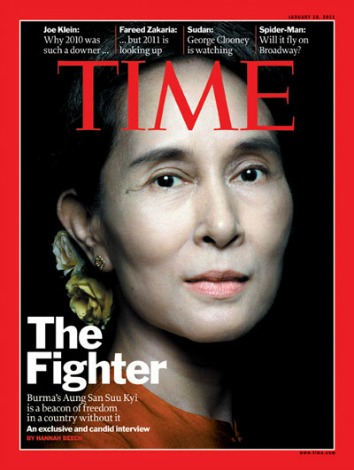
INTERNATIONAL
- Amal Aung Zaw
- 13 November 2015
5 Comments
The results resonate beyond the shores of Myanmar. The manner in which a fragile woman with the power of empty hands wrought a miracle, melting decades of totalitarian dominance, is the stuff of history. The world savours this moment as its own. This is the Gandhi moment, the Mandela moment of the 21st Century. In an era of ISIL killings and chronic violent wars in the middle east for 'democracy', a woman from the east has once again affirmed the moral superiority of non violence.
READ MORE 
-
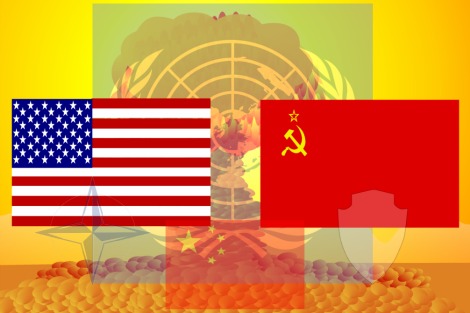
INTERNATIONAL
- Tony Kevin
- 09 November 2015
8 Comments
The US unipolar moment is ending. Real multipolarity is upon us, with Russia, China, India, Brazil, South Africa and Iran testing new multipolar arrangements for sharing world power. The US fears these changes, and would prefer to corral everybody back into the familiar bipolar camps of the past. This would be a disaster. Australia will benefit from a stable rules-based multipolar world, and our foreign policy can help build it. But we are going to have to take a few calculated risks along the way.
READ MORE 
-
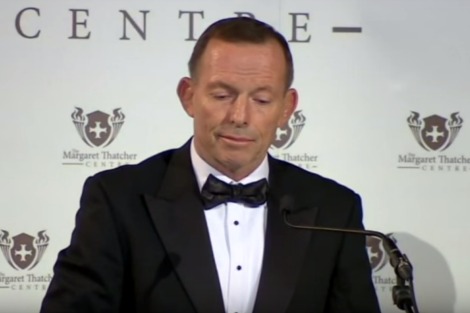
AUSTRALIA
- Sabine Wolff
- 30 October 2015
37 Comments
Just when the ringing of the words 'I stopped the boats' had finally subsided and you were getting used to the idea of business agility and economic innovation as the key battlegrounds, who should pop back up but former Prime Minister and Culture Warrior in Chief, Tony Abbott. Abbott's Margaret Thatcher memorial speech — in which the words 'a hint of Thatcher about my government' were used with apparently no irony whatsoever — was a stunning example of revisionism, hubris, and confused ideology.
READ MORE 
-
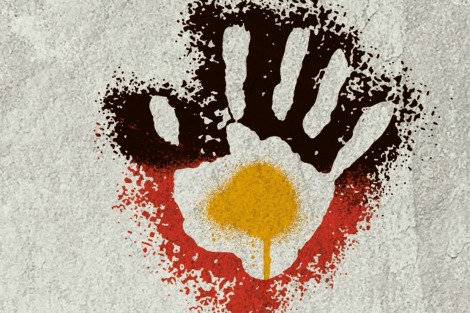
AUSTRALIA
- Frank Brennan
- 16 October 2015
2 Comments
I acknowledge those Aborigines and Torres Strait Islanders who insist that they have never ceded their sovereignty to the rest of us. I join with those Aborigines and Torres Strait Islanders who hope for better days when they are recognised in the Australian Constitution. As an advocate for modest constitutional recognition for Indigenous Australians, I respect those Aborigines and Torres Strait Islanders who question the utility of such recognition. But I do take heart from President Obama's line in his Charleston eulogy for the late Reverend Clementa C. Pinckney: 'Justice grows out of recognition'.
READ MORE
-

- Frank Brennan
- 18 September 2015
Pope Francis's concerns are not narrowly dogmatic or pedagogical but universally pastoral. He knows that millions of people, including erstwhile Catholics, are now suspicious of or not helped by notions of tradition, authority, ritual and community when it comes to their own spiritual growth which is now more individual and eclectic. He wants to step beyond the Church's perceived lack of authenticity and its moral focus on individual matters, more often than not, sexual. He thinks the world is in a mess particularly with the state of the planet — climate change, loss of biodiversity and water shortages, but also with the oppression of the poor whose life basics are not assured by the operation of the free market, and with the clutter and violence of lives which are cheated the opportunity for interior peace. He is going to great pains to demystify his office. He wants all people of good will to emulate him and to be both joyful and troubled as they wrestle with the probl
READ MORE
-
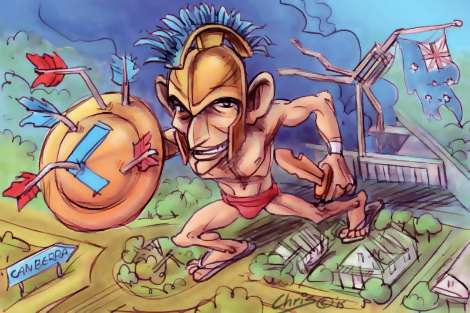
AUSTRALIA
- Andrew Thackrah
- 15 September 2015
24 Comments
After Malcolm Turnbull announced on Monday afternoon that he was challenging Tony Abbott for the LIberal leadership, commentators were unanimous in their speculation that Abbott would not give up the prime ministership without a fight. The pugnaciousness that characterised his political style was similarly part of the playbook of Canadian PM Stephen Harper, who was also seen to base his interaction with political adversaries on their 'standing' rather than debating policy. In Abbott's case this turned out to be a fatal flaw.
READ MORE 
-
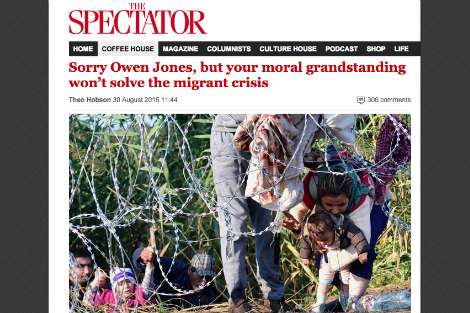
AUSTRALIA
- Tim Robertson
- 09 September 2015
3 Comments
Writing in The Australian this week, Chris Kenny declares: 'Emotion, moral vanity, political posturing and good intentions won't be much of a guide when it comes to making the right decisions and delivering the best results'. He and like minded opinion writers get so much traction because they're essentially correct. Compassion alone is not enough.
READ MORE 
-

- Frank Brennan
- 01 September 2015
1 Comment
If you want to form government in Australia and if you want to lead the Australian people to be more generous, making more places available for refugees to resettle permanently in Australia, you first have to stop the boats. If you want to restore some equity to the means of choosing only some tens of thousands of refugees per annum for permanent residence in Australia from the tens of millions of people displaced in the world, you need to secure the borders. The untrendy truth is that not all asylum seekers have the right to enter Australia but that those who are in direct flight from persecution whether that be in Sri Lanka or Indonesia do, and that it is possible fairly readily (and even on the high seas) to draw a distinction between those in direct flight and those engaged in secondary movement understandably dissatisfied with the level of protection and the transparency of processing in transit countries such as Malaysia and Indonesia. The popular evil is that political
READ MORE
-

AUSTRALIA
- Frank Brennan
- 12 August 2015
142 Comments
I readily accept that the Commonwealth Parliament will legislate for same sex marriage in the foreseeable future. When Parliament does, I will be fully accepting of that decision. If asked by politicians how they should exercise their conscience vote, there is no way that I would say that they should not support civil recognition of same sex marriage. But neither would I say that they must support it NOW. If I were a member of parliament, I would want four assurances before I voted for same sex marriage.
READ MORE 
-
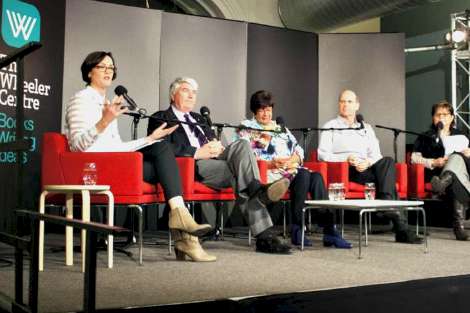
AUSTRALIA
- Frank Brennan
- 22 July 2015
7 Comments
Australia is more mature and more complex than it was at the time of the 1967 Aboriginal citizenship referendum. We need to be very attentive to the diversity and (hopefully) emerging consensus of Aboriginal viewpoints. We also need to be attentive to what measures the leaders of our major political parties will be prepared to sponsor during the life of the next parliament, championing those measures in a referendum campaign.
READ MORE 
-
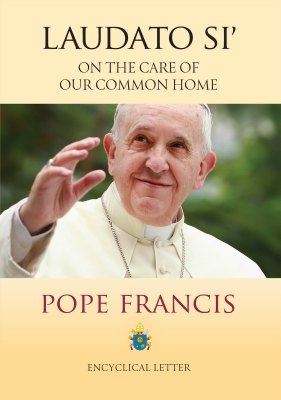
RELIGION
- Neil Ormerod
- 15 July 2015
29 Comments
It is not surprising that The Australian should be leading the local pushback on the environmental encyclical Laudato Si'. What is surprising is that a Catholic priest - Fr James Grant - should be joining the chorus against the encyclical, initially in an IPA media release. His more recent contribution to The Australian is right out of the briefing notes supplied by the coal industry in its global public relations efforts to shore up its waning reputation.
READ MORE 